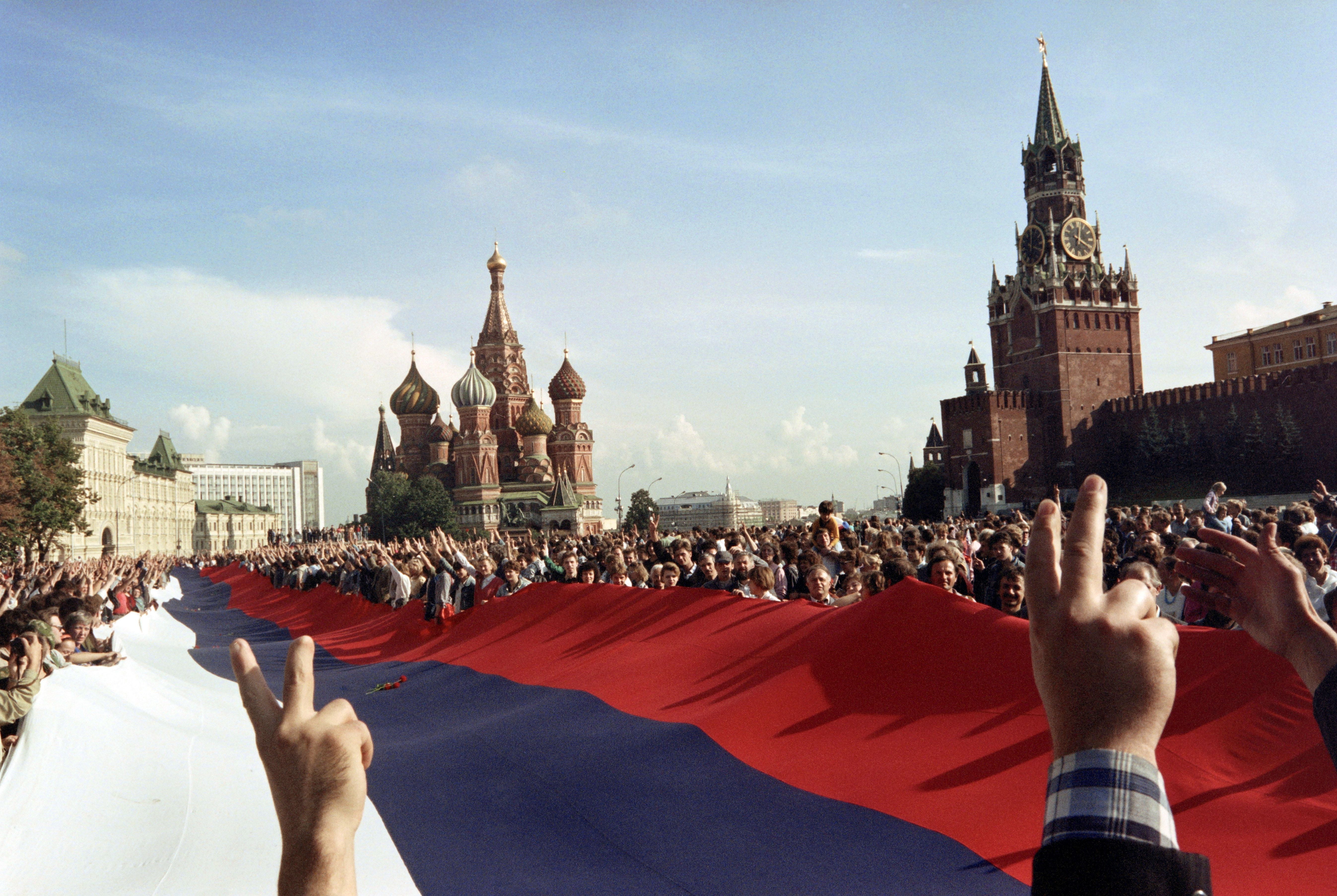The dying days of the Soviet Union
It did not feel predestined at the time, in fact the country felt very stable when I was there. But it turns out the empire was crumbling. Patrick Cockburn recalls his time in Moscow

I was a reporter in Moscow between 1984 and 1987 in what turned out to be the last years of the Soviet Union. The period has since been labelled as a time when the Soviet system was in a terminal crisis preceding its collapse in 1991. But it did not feel like that at the time and there was nothing inevitable about the disintegration to come. Indeed, at the time I had difficulty in persuading people that anything significantly new was happening in Moscow even when Mikhail Gorbachev became General Secretary of the CPSU (Communist Party of the Soviet Union) in May 1985.
Of course, I did not foresee the political earthquake that was in the making but it soon became clear that history was taking an abrupt and dramatic turn, though there were plenty of Kremlinologists, diplomats and journalists who maintained that the whole Gorbachev phenomenon was a PR stunt orchestrated by the KGB and the Kremlin. Those who thought otherwise were either having the wool pulled over their eyes or were culpably ignorant of Soviet machinations.
I could see there were some political, social and economic cracks in the USSR when I arrived there in 1984, but overall the country appeared fairly stable to me. On the other hand, the bar for me was not very high because I had just come from Beirut where the army had mutinied and the presidential place was under artillery fire. Looking back, I believe it was this very stability that gave the Soviet leaders the idea that they could radically reforms their system without cutting through the branch on which they were sitting. This was the same mistake that Louis XVI made when he summoned the Estates General in France in 1789. Authoritarian regimes tend to believe their own propaganda, underestimating the extent to which their grip on power relies on the force.
Subscribe to Independent Premium to bookmark this article
Want to bookmark your favourite articles and stories to read or reference later? Start your Independent Premium subscription today.
Join our commenting forum
Join thought-provoking conversations, follow other Independent readers and see their replies